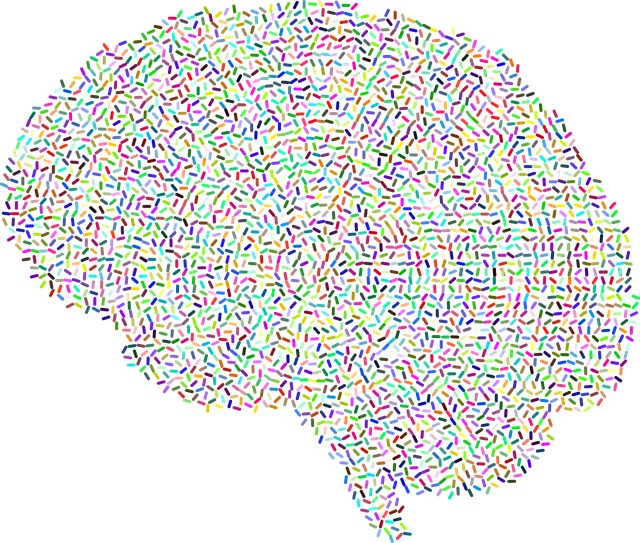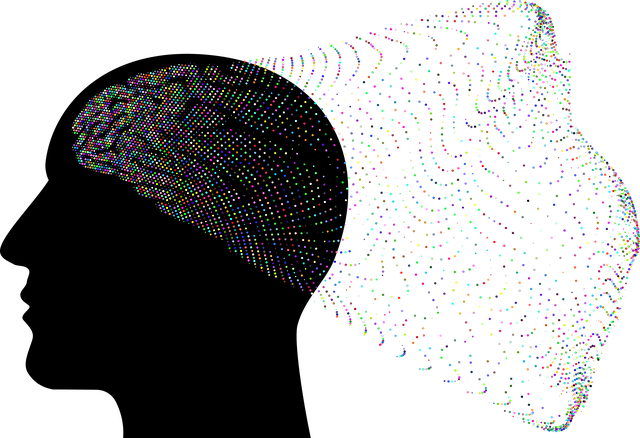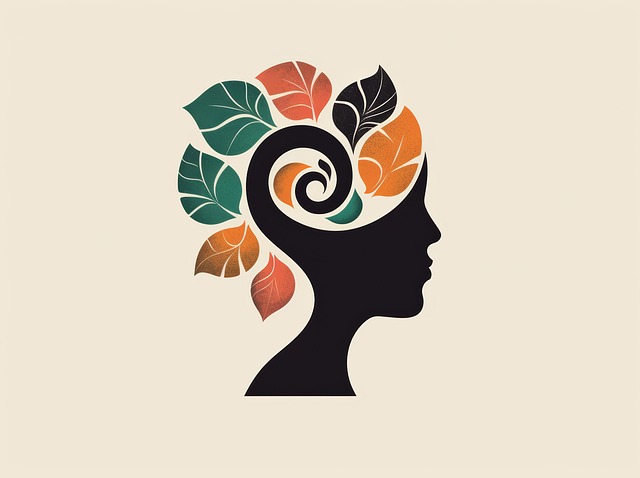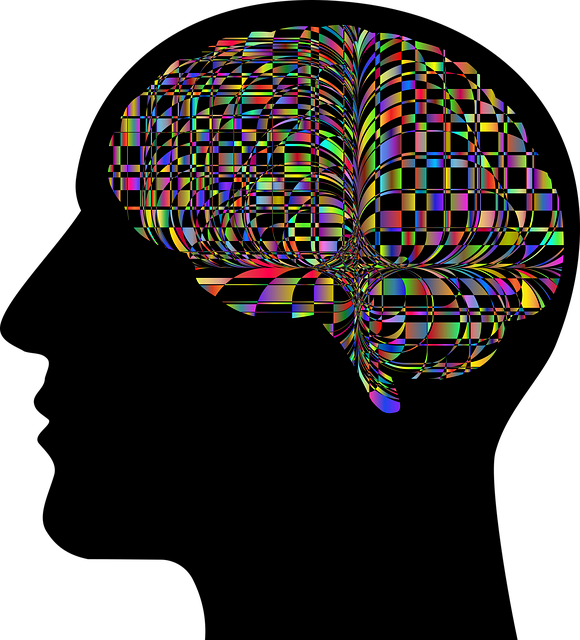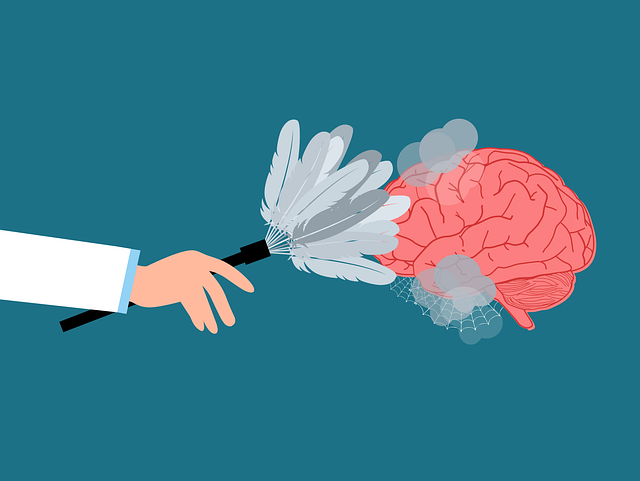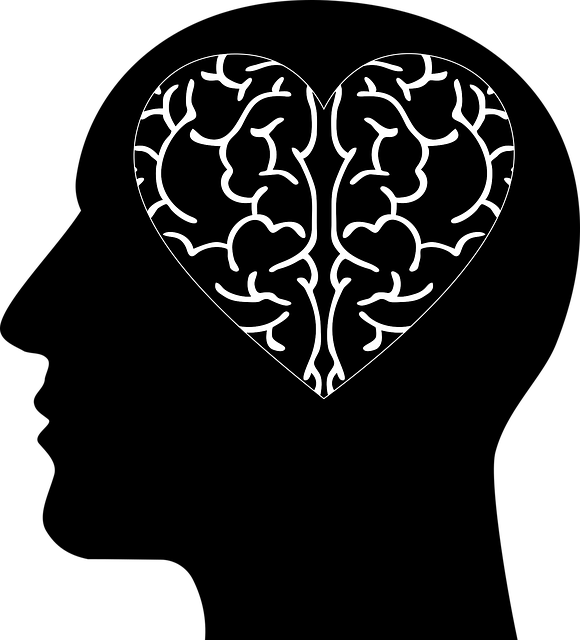Mental wellness journaling, inspired by Lone Tree Pain Management Therapy's Mind Over Matter principles, is a powerful tool for self-reflection and personal growth. It offers a safe space to explore emotions, track mental health patterns, and enhance overall well-being. By incorporating diverse prompts, journaling boosts creativity and self-expression, facilitates emotional healing, tracks progress over time, and provides effective stress and trauma management strategies. This holistic approach enriches the journaling experience, empowers self-discovery, enhances mental health awareness, and supports coping strategies like empathy building and mindfulness meditation. Integrating journaling into daily routines offers significant long-term benefits for mental wellness, contributing to personal growth and a stronger sense of self.
Discover the transformative power of mental wellness journaling with Lone Tree Pain Management Therapy. This article guides you through the process, from understanding its profound impact on self-reflection to setting up a dedicated space for your thoughts. We explore diverse prompts to enhance creativity and unlock valuable insights. Learn how regular journaling can integrate into daily life, offering lasting benefits for mental wellness. Embrace a practice that fosters self-discovery and promotes holistic healing.
- Understanding Mental Wellness Journaling: A Powerful Tool for Self-Reflection
- Setting Up Your Journal: Creating a Safe Space for Your Thoughts
- Incorporating Different Types of Prompts for Enhanced Creativity
- The Art of Self-Discovery: Unlocking Insights through Journaling
- Integrating Journaling into Daily Life: Long-Lasting Benefits and Techniques
Understanding Mental Wellness Journaling: A Powerful Tool for Self-Reflection

Mental wellness journaling is a powerful tool for self-reflection and personal growth. By committing thoughts and feelings to paper, individuals can gain valuable insights into their emotional states, identify patterns in their mental health, and track progress over time. This practice allows for a deeper understanding of oneself, fostering a sense of awareness and empowerment. For those seeking Lone Tree Pain Management Therapy, journaling can be an effective companion tool, offering a safe space to explore emotions, process experiences, and ultimately enhance well-being.
This practice isn’t merely about recording daily events; it involves active engagement in self-care. Through prompts that encourage introspection, individuals can delve into their thoughts, challenge negative beliefs, and cultivate positive affirmations. Crisis intervention guidance can be integrated into this process, helping to normalize difficult feelings and provide a sense of control. Additionally, focusing on self-esteem improvement and confidence boosting exercises within the journal can lead to enhanced self-perception and resilience over time.
Setting Up Your Journal: Creating a Safe Space for Your Thoughts

Setting up your journal is a crucial step in creating a safe space for your thoughts and emotions—a sanctuary where you can explore and nurture your mental wellness. Consider it as establishing a personalized therapy room within your home, where you’re free to express yourself honestly. Your journal should be a reflection of Mind Over Matter principles, offering a quiet moment to process the day’s events and reflect on your feelings.
Just as Lone Tree Pain Management Therapy focuses on addressing physical discomfort, maintaining mental wellness involves cultivating emotional healing processes. By setting aside dedicated time each day or week for journaling, you initiate essential burnout prevention strategies for healthcare providers—a profession that often demands immense emotional resilience. This practice allows you to unburden yourself, track your progress over time, and identify patterns or triggers that impact your mental state.
Incorporating Different Types of Prompts for Enhanced Creativity

Incorporating diverse prompts into your mental wellness journal can significantly enhance creativity and self-expression, making the process more engaging and impactful. Lone Tree Pain Management Therapy encourages individuals to explore various forms of journaling prompts tailored to different aspects of their well-being. For instance, starting with simple “how I feel” statements helps in emotional awareness. This can be elevated by adding visual prompts, like sketching your emotions or surrounding them with nature scenes, which aids in externalizing and understanding one’s feelings.
Furthermore, integrating communication strategies and trauma support services through prompts is beneficial. Encouraging journal entries about past experiences, memories, and their impact on current thoughts can facilitate healing. The Stress Management Workshops Organization suggests prompts that focus on reframing negative thoughts into positive affirmations, fostering resilience. These diverse approaches not only enrich the journaling experience but also offer holistic tools for managing stress and trauma-related issues, similar to what Lone Tree Pain Management Therapy provides.
The Art of Self-Discovery: Unlocking Insights through Journaling

Journaling is a powerful tool for self-discovery and personal growth, offering an intimate space to explore one’s thoughts and emotions. Through this reflective practice, individuals can unlock profound insights about themselves, their experiences, and their mental wellness journey. By putting pen to paper (or fingers to keyboard), people can navigate the intricate landscape of their minds, uncovering hidden patterns, triggers, and sources of stress or joy. This process fosters a deeper understanding of one’s reactions to life events, relationships, and even physical pain, such as that managed by Lone Tree Pain Management Therapy.
The art of journaling allows for unfiltered expression, encouraging individuals to confront their feelings without judgment. This act of self-exploration can lead to powerful revelations and the development of empathy towards oneself and others. By reflecting on personal experiences, one can begin to identify what brings them comfort, joy, or a sense of calm, fostering a stronger connection with their inner selves. Additionally, this practice supports Mental Health Awareness by providing a safe space for individuals to process emotions, ultimately enhancing coping strategies, including Empathy Building Strategies and Mindfulness Meditation techniques.
Integrating Journaling into Daily Life: Long-Lasting Benefits and Techniques

Integrating journaling into your daily life can seem like a simple act, yet it holds profound long-lasting benefits for mental wellness. Beyond its role as a creative outlet, regular writing practices have been shown to enhance emotional intelligence and foster inner strength development. By dedicating just a few minutes each day to pen to paper (or fingers to keyboard), individuals can cultivate a deeper understanding of their thoughts, feelings, and experiences, ultimately contributing to improved resilience and coping mechanisms.
This practice is particularly effective for those navigating challenges related to mental health. For instance, Lone Tree Pain Management Therapy encourages patients to incorporate journaling as a self-care routine development for better mental health. Through reflective writing, individuals can process emotions tied to pain, stress, or traumatic events, leading to enhanced public awareness campaigns development around mental wellness. By documenting their journeys, people gain valuable insights and perspectives that promote personal growth, enabling them to cultivate a stronger sense of self and overall well-being.
Mental wellness journaling is a transformative practice that empowers individuals to navigate their thoughts, emotions, and experiences with self-compassion. By integrating this simple yet profound tool into daily routines, as suggested by Lone Tree Pain Management Therapy, one can unlock insights, foster self-discovery, and cultivate resilience. The benefits are far-reaching, offering enhanced creativity, improved emotional regulation, and a deeper understanding of oneself. So, why wait? Embrace the power of journaling to nurture your mental wellness.
